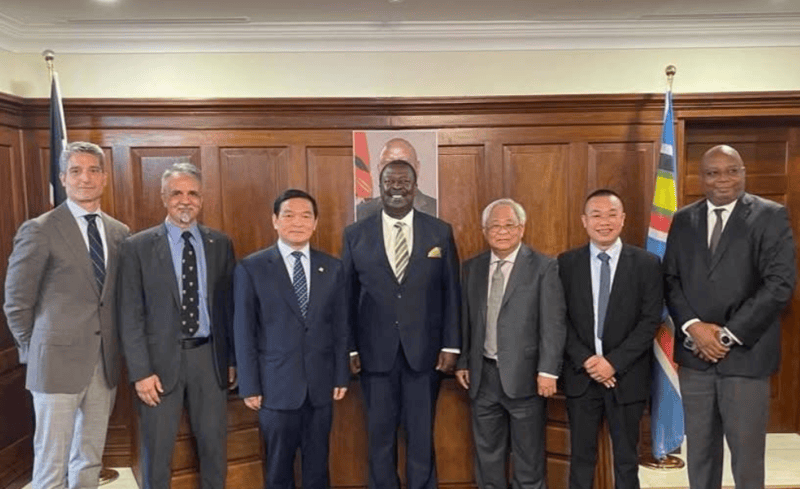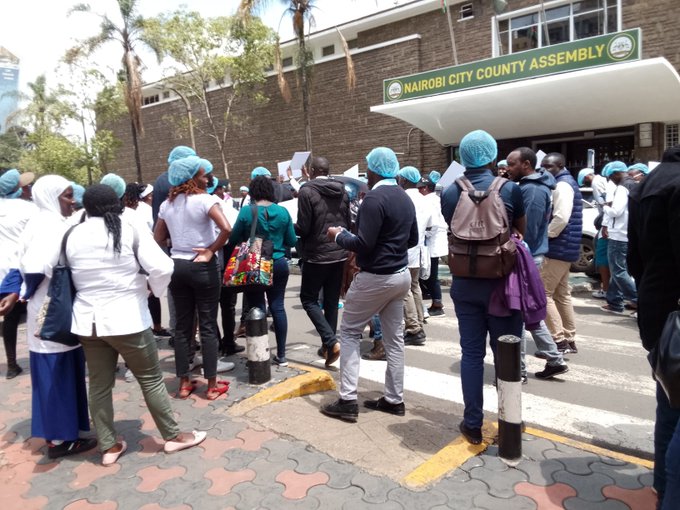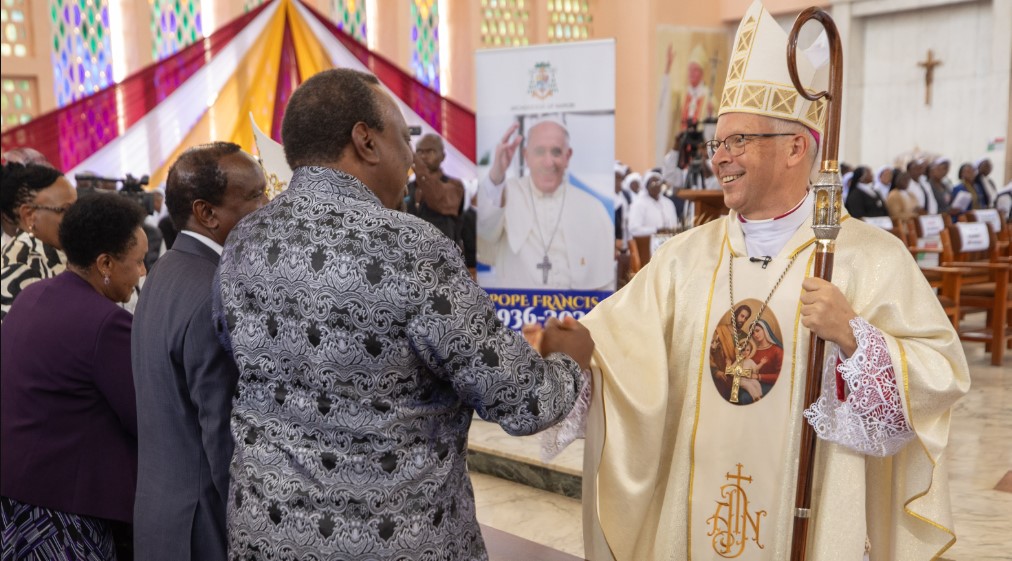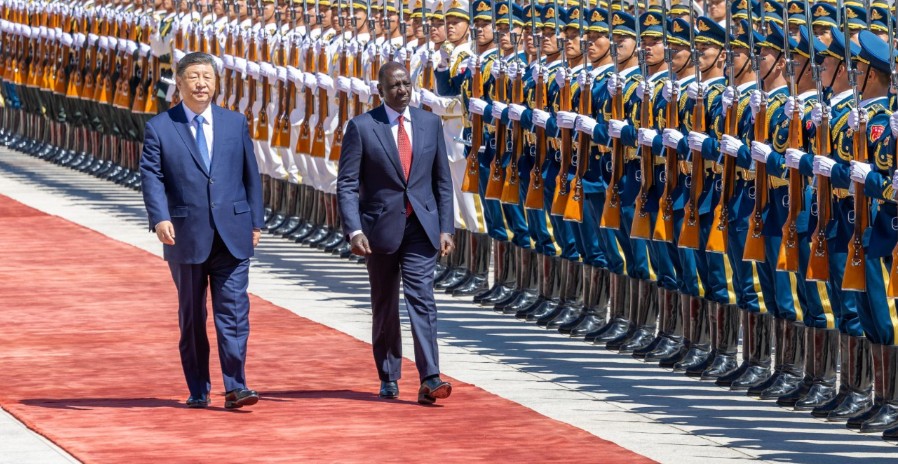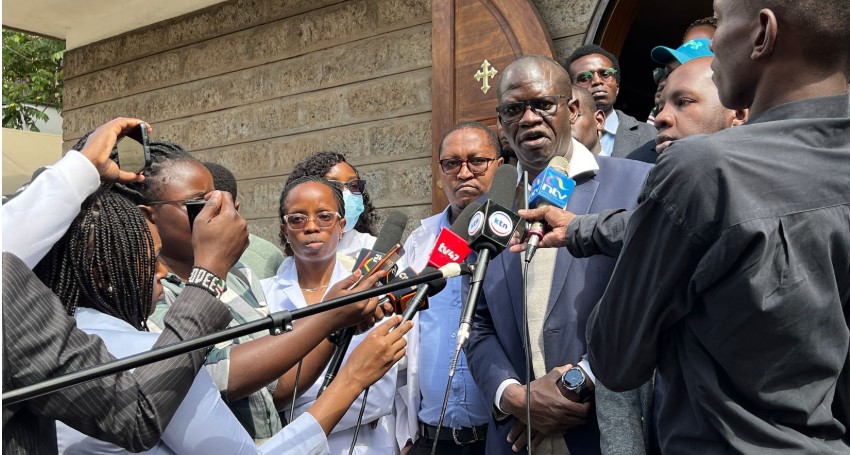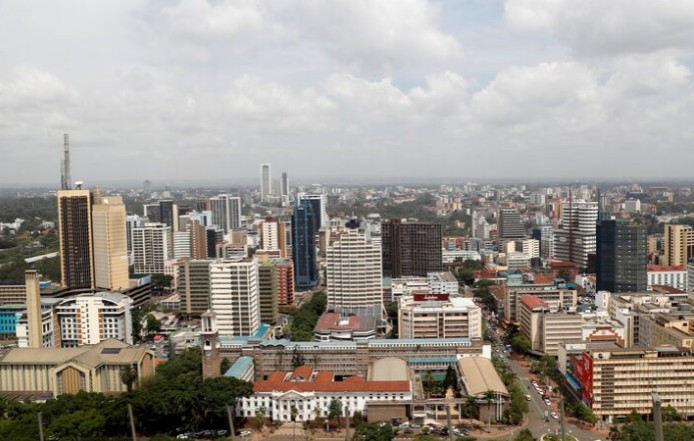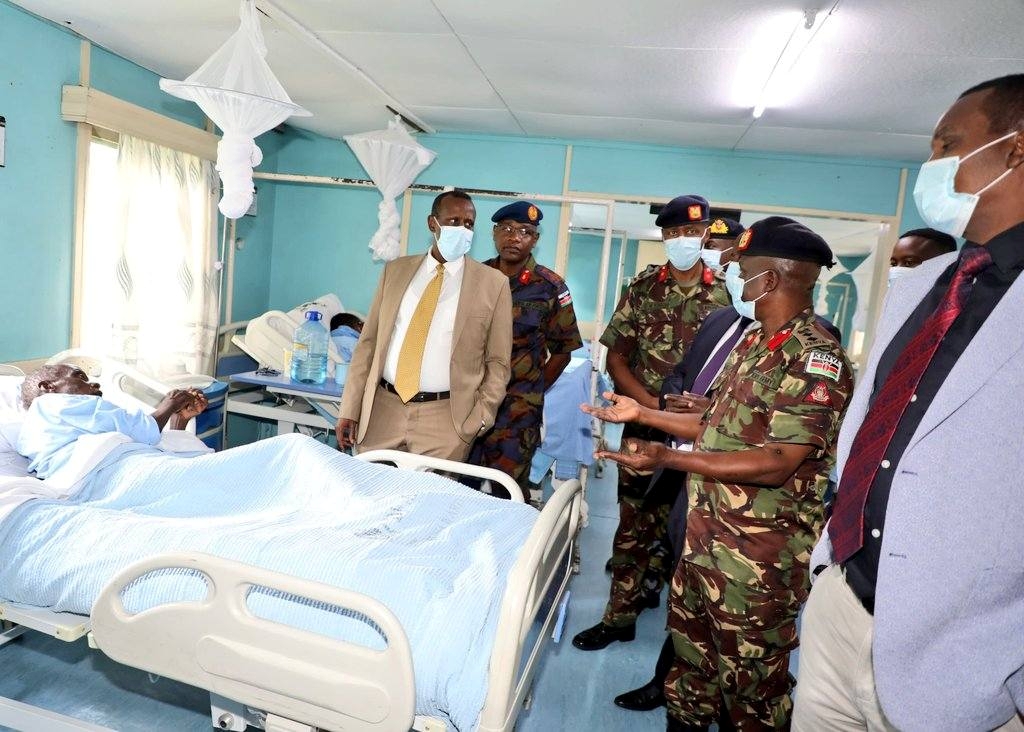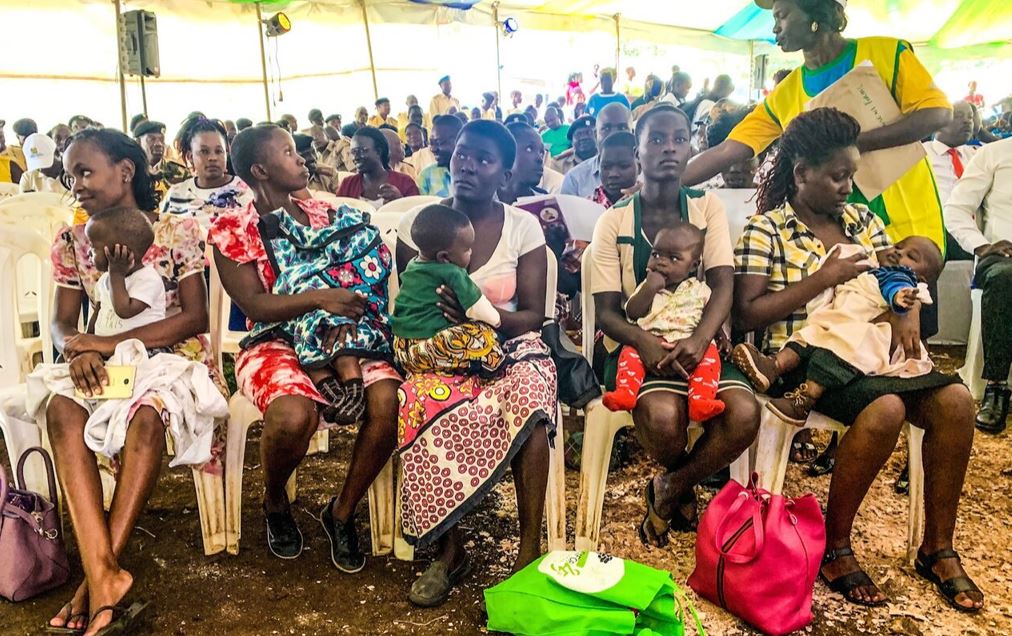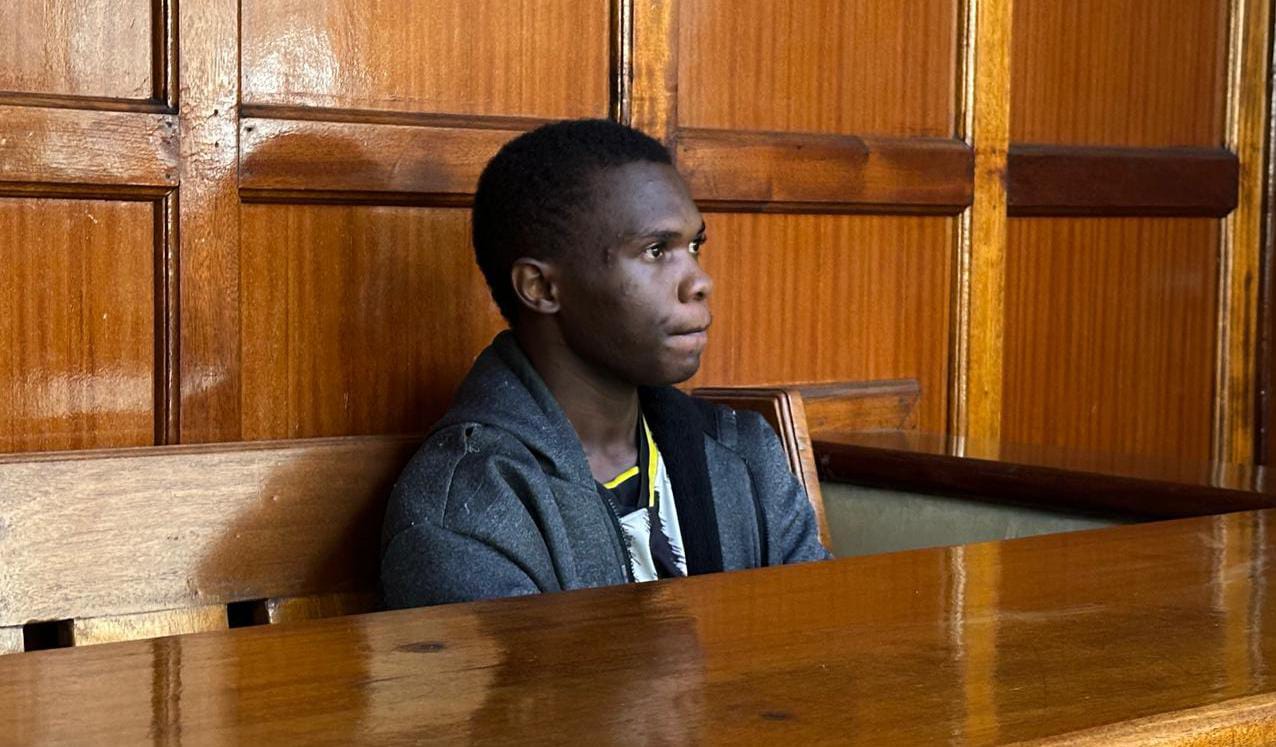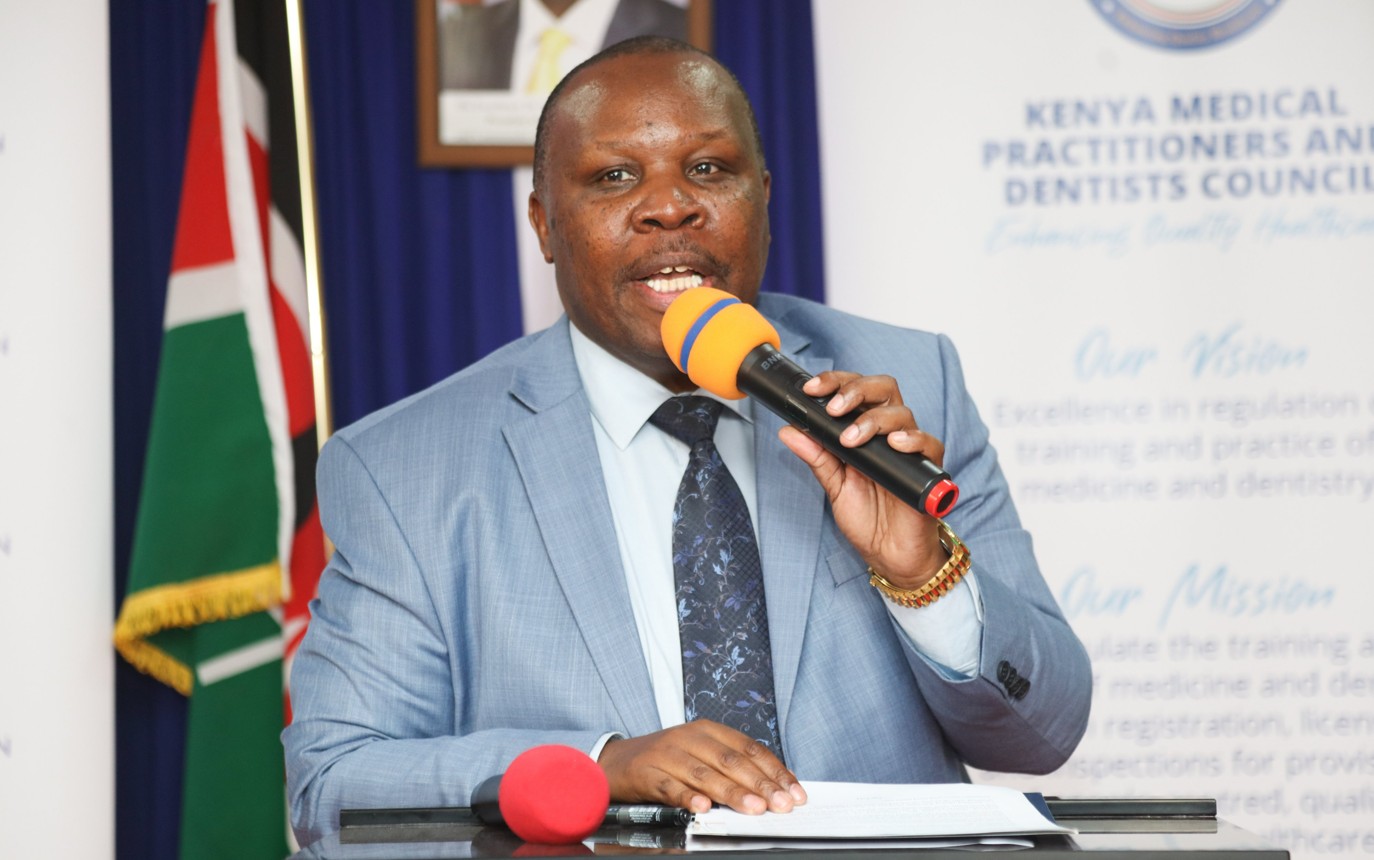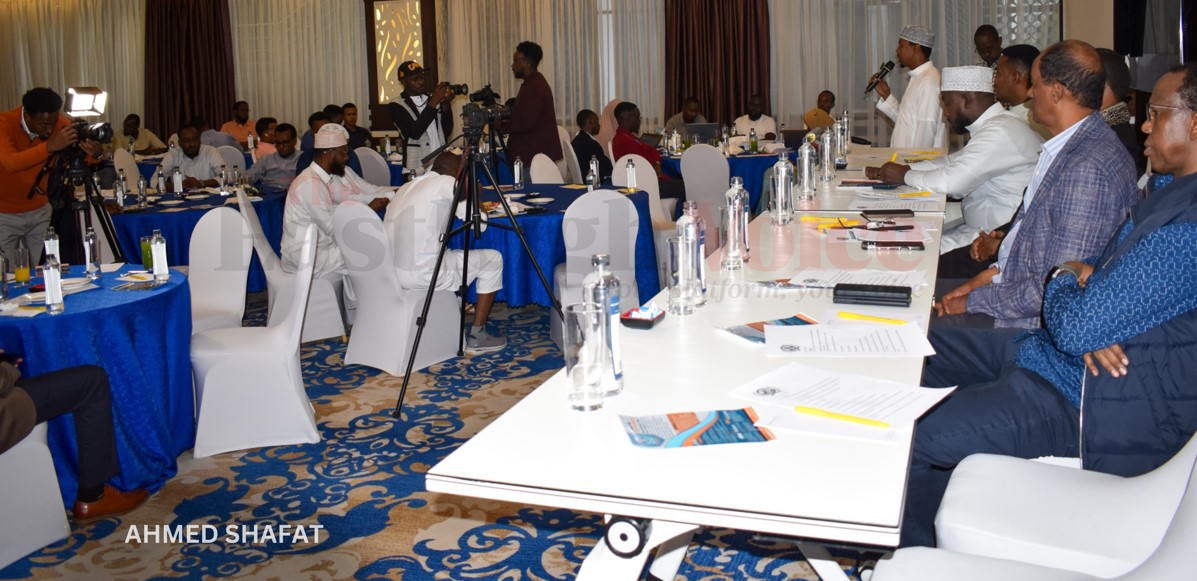Rwandan genocide convict living in New York arrested over immigration fraud
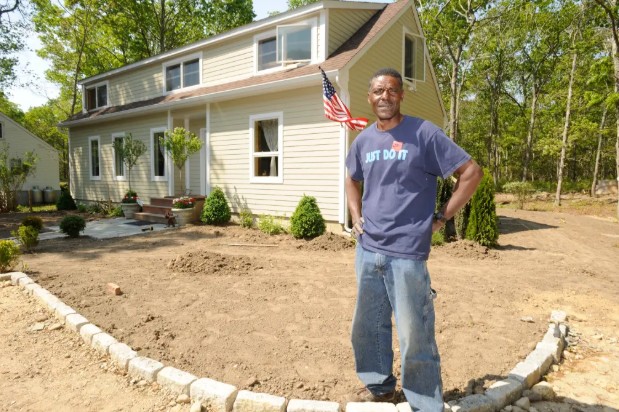
While he maintained a quiet presence on Long Island, working as a gardener and tending bees, U.S. investigators say his past is now catching up with him.
A man accused of helping lead one of the worst mass killings in modern history was arrested this week in the United States, where he had quietly built a new life as a gardener and beekeeper in an affluent Long Island community.
Faustin Nsabumukunzi, who served as a local leader in Rwanda during the 1994 genocide, is now facing charges of visa fraud and attempted naturalisation fraud, as reported by ABC News.
More To Read
- Rwanda genocide survivors’ group warns of ethnic cleansing against Tutsi in eastern DRC
- French court convicts writer, publisher for denying Rwandan Genocide
- UN Adviser on Genocide Prevention welcomes verdict against ex-Rwandan doctor Eugène Rwamucyo
- Rwanda's Museum for Campaign Against Genocide preserves legacy of resilience
According to U.S. federal prosecutors, he misled immigration officials about his past to gain refugee status, a green card, and later apply for American citizenship.
Authorities say Nsabumukunzi was taken into custody at his residence in Bridgehampton on Thursday.
He appeared in federal court in Islip, New York, where he pleaded not guilty. He was released on a $250,000 (Sh32.4 million) bond, placed under home detention with GPS monitoring, and is allowed to continue his job working for a private equity entrepreneur who also signed his bond.
“As alleged, Nsabumukunzi repeatedly lied to conceal his involvement in the horrific Rwandan genocide while seeking to become a lawful permanent resident and citizen of the United States,” said United States Attorney John Durham, as quoted by ABC News.
“For over two decades, he got away with those lies and lived in the United States with an undeserved clean slate, a luxury that his victims will never have, but thanks to the tenacious efforts of our investigators and prosecutors, the defendant finally will be held accountable for his brutal actions.”
The indictment alleges that Nsabumukunzi held the position of “Sector Councillor” in the Kibirizi sector of Rwanda in 1994, a year marked by brutal ethnic killings.
From April to July that year, hundreds of thousands of people, mostly ethnic Tutsis and moderate Hutus, were killed in a campaign of extreme violence by Hutu extremists.
Court documents state that Nsabumukunzi used his official role to oversee and take part in the attacks.
He is accused of setting up roadblocks to identify and kill Tutsis, directing armed Hutu groups to carry out murders, and personally taking part in the violence.
ABC News reports that prosecutors allege that he ordered armed attackers to go to locations where Tutsis were hiding, leading to their deaths. He also allegedly encouraged the rape of Tutsi women by urging Hutu men to assault them.
Convicted of genocide
According to court records, Nsabumukunzi was convicted of genocide in absentia by a Rwandan court.
However, he managed to enter the United States years later without disclosing his background.
He applied for refugee resettlement in August 2003 and obtained permanent residency in November 2007.
In his refugee application, Nsabumukunzi allegedly denied any involvement in genocide or crimes against humanity. Prosecutors say he repeated these false claims in two separate naturalisation applications filed in 2009 and 2015.
Federal officials argue that his entire immigration process was built on lies, and that he knowingly misled authorities about his past to gain legal status in the U.S.
If found guilty, Nsabumukunzi could face up to 30 years in prison.
While he maintained a quiet presence on Long Island, working as a gardener and tending bees, U.S. investigators say his past is now catching up with him.
They believe he used his time in the country to escape accountability for crimes committed during one of the darkest chapters in modern African history.
The charges brought against him could lead to not only prison time, but also revocation of his immigration status and possible deportation.
His arrest comes after years of investigation into individuals who entered the United States after taking part in atrocities overseas.
His case adds to the long-running efforts to hold accountable those involved in the 1994 Rwandan genocide, during which an estimated 800,000 people were killed.
As the legal process moves forward, officials say the focus remains on justice and ensuring that the United States does not become a haven for human rights violators.
Top Stories Today



